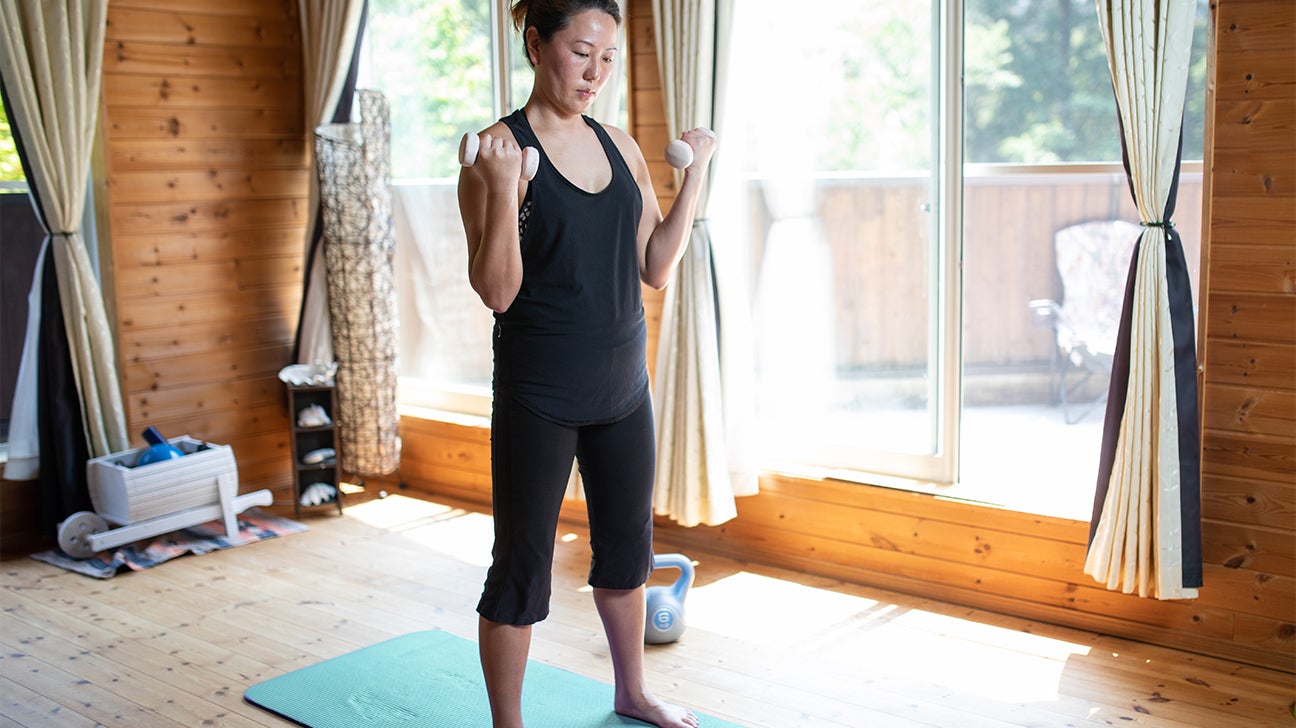
Understanding the Foundations of Youthful Health and Vitality
As we age, maintaining our youth and health becomes increasingly important. Learning how to stay young and healthy is not about finding a magical fountain of youth, but rather about adopting a holistic approach to life that nurtures both body and mind. The key to longevity and vitality lies in a combination of proper nutrition, regular physical activity, stress management, and social engagement. By focusing on these core areas, we can slow down the aging process, boost our energy levels, and maintain a youthful appearance and mindset. It’s important to remember that staying young and healthy is a lifelong journey that requires consistent effort and dedication. However, the rewards of this commitment are immeasurable, offering us the chance to enjoy life to its fullest at any age.
Nourishing Your Body with a Balanced and Nutrient-Rich Diet
One of the most crucial aspects of how to stay young and healthy is maintaining a balanced and nutrient-rich diet. Focus on consuming a variety of colorful fruits and vegetables, which are packed with antioxidants that help combat cellular damage and inflammation. Incorporate lean proteins, such as fish, poultry, and plant-based sources like legumes and nuts, to support muscle health and repair. Healthy fats, particularly omega-3 fatty acids found in fish, flaxseeds, and walnuts, are essential for brain health and can help reduce inflammation throughout the body. Stay hydrated by drinking plenty of water throughout the day, as proper hydration supports skin elasticity and overall cellular function. Limit your intake of processed foods, sugary drinks, and excessive alcohol, as these can accelerate aging and contribute to various health issues. Instead, opt for whole, unprocessed foods that provide your body with the nutrients it needs to thrive and maintain youthful vitality.
Embracing Regular Physical Activity for a Youthful Body and Mind
Regular exercise is a cornerstone of maintaining youth and health. Engage in a combination of cardiovascular exercise, strength training, and flexibility work to keep your body strong, agile, and resilient. Aim for at least 150 minutes of moderate-intensity aerobic activity or 75 minutes of vigorous-intensity activity each week. This can include activities like brisk walking, swimming, cycling, or dancing. Incorporate strength training exercises at least twice a week to maintain muscle mass and bone density, which naturally decline with age. Activities like yoga or Pilates can improve flexibility and balance, reducing the risk of falls and injuries as you age.
Managing Stress and Prioritizing Mental Well-being for Lasting Vitality
Chronic stress can accelerate the aging process and negatively impact both physical and mental health. To stay young and healthy, it’s crucial to develop effective stress management techniques. Practice mindfulness meditation, deep breathing exercises, or progressive muscle relaxation to calm your mind and reduce stress levels. Engage in hobbies or activities that bring you joy and help you unwind. Prioritize getting enough quality sleep, aiming for 7-9 hours per night, as good sleep is essential for cellular repair and overall health. Cultivate a positive outlook on life by practicing gratitude and focusing on the good things in your life. Stay mentally active by challenging your brain with puzzles, learning new skills, or pursuing educational opportunities. Social connections are also vital for mental well-being, so make an effort to maintain strong relationships with family and friends.
Embracing Preventive Healthcare and Regular Health Screenings
Staying proactive about your health is essential for maintaining youth and vitality as you age. Schedule regular check-ups with your healthcare provider and stay up-to-date on recommended health screenings. These may include blood pressure checks, cholesterol tests, mammograms, colonoscopies, and other screenings appropriate for your age and risk factors. Don’t ignore any unusual symptoms or changes in your body – addressing health concerns early can prevent more serious issues down the line.


